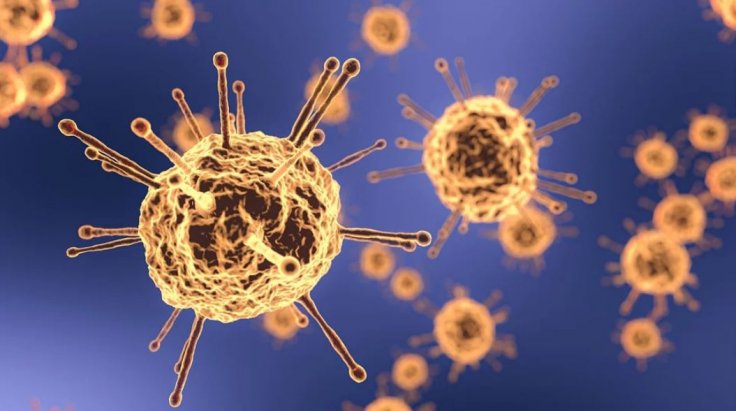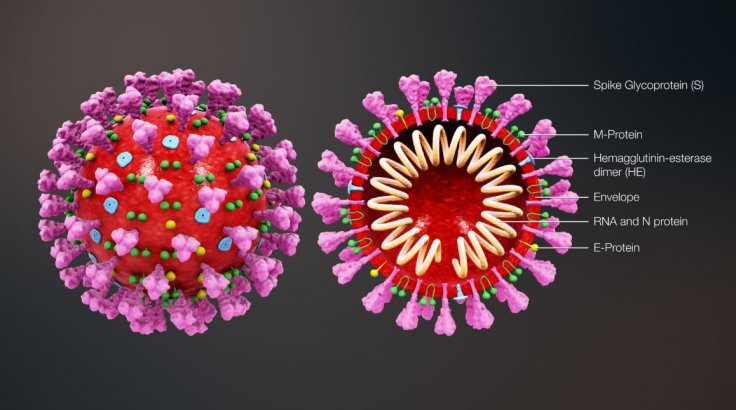The SARS-CoV-2 coronavirus has puzzled clinicians with its potent virulence, and an effective therapeutic option to treat the infection continues to remain a challenge. However, a new study provides a glimmer of hope. A mixture of two 'ultrapotent' antibodies isolated from the blood of individuals who recovered from COVID-19 has been found to dismantle the infection mechanism and preventing it from entering cells.
According to the study by scientists from the University of Washington and Vir Biotechnology, Switzerland, small doses of these antibodies, as a cocktail or individually, were found to protect hamsters exposed to the disease by inhibiting the replication of the virus in their lungs. The individual antibodies carried out these overlapping tasks marginally different ways.
Inhibiting the Infection Process

From among nearly 800 screened antibodies that were isolated from 12 people who had recovered from COVID-19, two antibodies,S2E12 and S2M1, were identified. Using a hamster model where the specimens were exposed to the coronavirus infection, the authors tested the efficacy of the antibodies in fighting the virus. The scientists employed cryo-electron microscopy to understand how the antibodies functioned at a molecular level to inhibit the design of the pathogen's infection machinery.
Apart from directly hampering the interface with the host's receptor, one of the two isolated antibodies, S2M11, jams the infection machinery in an 'inactive conformation'. This means that the virus was unable to bind with the cell membrane of the host cells. The inability to fuse with the cell hampers the virus' ability to release its RNA into the cell and hijack it.
While the antibodies prevented the coronavirus' from entering host cells, their presence also appeared to enhance the ability of other immune cells to fight the infection. These cells cleared out any remaining traces of the virus. "We believe that leveraging multiple, distinct, complementary mechanisms of action could provide additional benefits for clinical applications," the authors noted.

Potential for Neutralizing Mutations
According to the scientists, the use of such a cocktail of antibodies provides a significant advantage. The naturally mutated strains of the virus that arose as the pandemic progressed can be prevented from evading treatment. Certain divergence in the mechanism of infection has already been identified during the course of the pandemic. Therefore, utilizing a mixture of antibodies permits the nullification of a broad range of such viral variants.
"Our results pave the way to implement antibody cocktails for prophylaxis or therapy that might have the advantage of circumventing or limiting the emergence of viral escape mutants," the authors stated. While the antibody mix has shown positive results, the study has to undergo human trials in order to ascertain its efficiency and safety.









